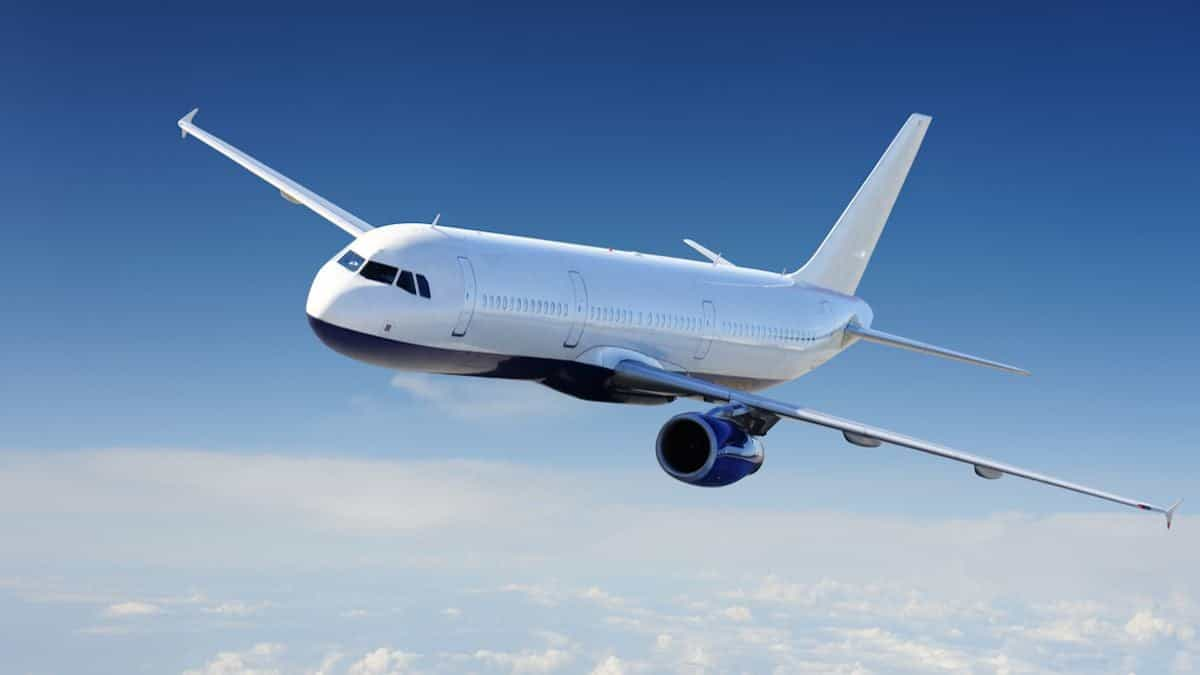Show table of content Hide table of content
A shocking incident unfolded on March 26, 2025, when an easyJet flight from Glasgow to Hurghada made an unexpected emergency landing in Bari, Italy. Two heavily intoxicated female passengers created such chaos onboard that pilots had no choice but to divert the aircraft. Their disruptive behavior not only disturbed fellow travelers but also resulted in criminal charges under Italian law. This case highlights the serious consequences of alcohol misuse during air travel and the strict protocols airlines must follow when passenger behavior threatens flight safety.
The chaotic flight that ended abruptly
What began as a routine journey quickly spiraled into mayhem when two intoxicated women aboard easyJet flight EZY3165 created an unbearable situation for everyone on board. The aircraft had barely departed Glasgow Airport around 11:00 AM when the trouble started. According to reports from Italian newspaper Corriere della Sera, the women began shouting loudly, causing immediate concern among other passengers who were unaware of what was happening.
The situation rapidly deteriorated as fellow travelers became increasingly anxious. Unexpected disturbances during flights can trigger serious panic, especially when passengers can’t immediately identify the source of commotion. Such incidents recall other troubling airport situations, like when security officers discovered a turtle hidden in a traveler’s pants during screening procedures.
As flight attendants attempted to manage the situation, the women’s behavior only worsened. They ignored safety protocols completely, unbuckling their seatbelts and wandering aimlessly through the cabin aisles. Despite repeated instructions from cabin crew to remain seated with seatbelts fastened, the pair continued their disorderly conduct, showing total disregard for aviation safety rules and the comfort of other passengers.
The pilots, recognizing the escalating threat to passenger safety, made the difficult but necessary decision to contact air traffic control at Bari Airport to request an emergency landing. The aircraft touched down on Italian soil at approximately 3:30 PM local time, where authorities were standing by to address the situation.
Disruptive passengers face serious legal consequences
Upon landing in Bari, Italian authorities immediately took control of the situation. Police officers boarded the aircraft and removed the two intoxicated women, who were promptly arrested under Article 331 of the Italian Penal Code. This provision specifically addresses disturbances that lead to the interruption of public services, which accurately describes the havoc these passengers caused.
The legal ramifications for their actions are substantial. Each woman faces potential fines of up to 500 euros and possibly between six to twelve months of imprisonment. These penalties reflect the seriousness with which aviation authorities worldwide treat disruptive behavior on aircraft. While intoxication-related incidents are unfortunately common, they rarely reach this level of severity requiring emergency landings.
This case bears some parallels to other incidents where alcohol impaired judgment led to serious consequences, such as when a drunken police officer mistakenly released inmates from their cells, resulting in multiple escapes. The impaired decision-making caused by excessive alcohol consumption creates ripple effects that impact numerous people.
For the remaining passengers on the Glasgow-Hurghada flight, the ordeal caused significant inconvenience. Their journey was delayed by approximately one hour while authorities dealt with the situation. An easyJet spokesperson later confirmed: “Flight EZY3165 from Glasgow to Hurghada on March 26 diverted to Bari and was met by police due to disruptive behavior from two passengers onboard. After the passengers were removed, the flight continued to Hurghada.”
The broader impact of inflight disruptions
This incident demonstrates how the actions of just two individuals can affect hundreds of others. Emergency diversions are costly operations for airlines, involving extra fuel consumption, landing fees, potential crew overtime, and compensation claims from delayed passengers. Beyond financial implications, such incidents create scheduling problems that can affect subsequent flights and connections.
The aviation industry has seen numerous cases of passenger misconduct, though most don’t necessitate emergency landings. Airlines increasingly take a zero-tolerance approach toward disruptive behavior, particularly when alcohol is involved. Many carriers now train staff specifically to identify potentially problematic passengers before boarding or to recognize early signs of disruptive behavior.
Travel On this tourist-favorite island, hiking trails are becoming paid for a good reason.
These incidents also highlight the unique vulnerabilities of air travel environments. Unlike other transportation methods, aircraft represent confined spaces at high altitudes where escape is impossible and security threats must be taken extremely seriously. This reality explains why desperate actions by passengers trying to board flights or bypass regulations often lead to severe consequences.
For travelers worldwide, this case serves as a stark reminder of personal responsibility during air travel. Excessive alcohol consumption before or during flights not only risks personal safety but potentially jeopardizes everyone aboard. Most airlines retain the right to refuse service to visibly intoxicated passengers, and increasingly, airport bars and restaurants are instructed to monitor alcohol service to departing travelers.
As air travel continues to increase globally following the pandemic recovery period, industry experts suggest more comprehensive approaches may be needed to address passenger behavior issues. Some airlines have explored implementing clearer conduct policies during ticket purchase, while others advocate for standardized international protocols for handling disruptive passengers regardless of departure or arrival jurisdiction.


